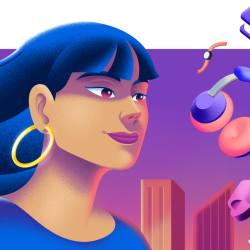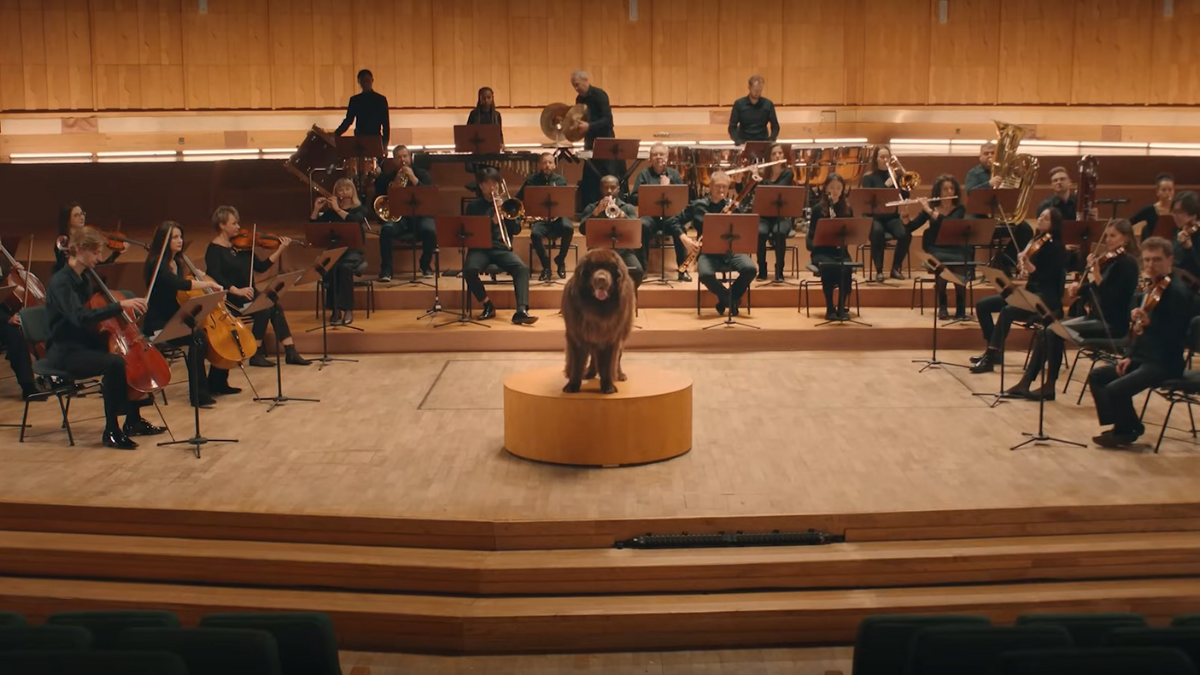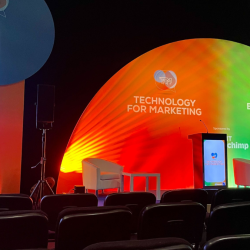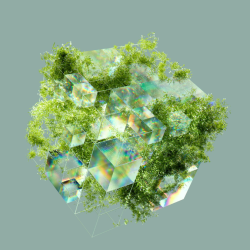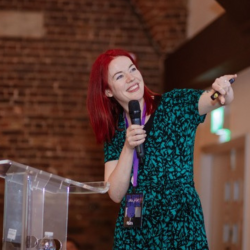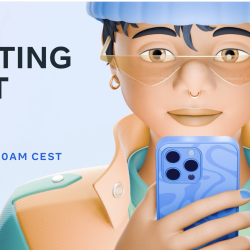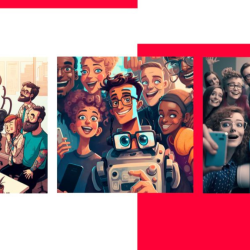Mathieu Albrand is the associate director of global innovation at McCann Worldgroup, and according to him, it’s the best job in the world. Essentially, Albrand is paid to get to grips with new technologies and then tell colleagues and clients how they can use them to be more productive and creative.
On 7 November, he was at Brand Week Istanbul to talk about how AI is going to affect the advertising and marketing industries. We caught up with Albrand afterwards to ask him some of our own questions about the technology that is both thrilling and unnerving adland.
This interview has been lightly edited for clarity and length.
Is the advertising industry too excited about AI, or is it not excited enough?
Without a doubt, it’s the most transformational technology in human history, and because of that the implications are bigger than anything we’ve ever experienced. There might be some type of VC investment bubble, but as a fundamental technology, this is not a bubble. The innovations we’re seeing are changing the course of history.
So if anything, we’re not excited enough. But maybe excitement isn’t the right word because we need to be both excited and cautious. [AI] can change the way people live their day-to-day lives, but we need to make sure that it’s happening in a safe, ethical way, and it’s not hurting people or increasing disparities that already exist in the world.
When you say it’s the most transformational technology in human history, what measure or reasoning are you using to justify that?
This might sound a bit crazy, but I think it’s very possible that we’ll cure cancer within the next 15 to 20 years because AI is able to basically create content very quickly, and that content can take a lot of different forms.
For example, [AI] can create sophisticated 3D models of new proteins that scientists and researchers can use to test medicines. So they’re able to do R&D [research and development] at a much quicker and cheaper rate because AI’s able to generate this ‘content’ based on data.
In the same vein, we live in a world of sophisticated and complex data, and sometimes we can’t make sense of it. But AI is helping to identify patterns in that data — which can lead to more creative solutions — that would take hundreds or thousands of years for a human eye to sift through and identify.
Even experts seem to disagree about whether artificial general intelligence (AGI) — machines capable of performing unfamiliar tasks using human-like reasoning — is possible. Do you think AI is limited to pattern matching, or will it be capable of greater things?
Everyone says AGI is ten or twenty years out. I don’t know what a timeline is, but I’m looking at the rate of evolution, and I definitely believe machines will have consciousness within our lifetimes.
Really?
Absolutely. The human brain is just an amalgamation of neurons and synapses. At its core, it’s just data. There’s really no reason to believe that it’s not possible to replicate that.
This isn’t my quote, someone else said it, but AGI will be the last invention humankind ever creates because it will either destroy us or it will then create every invention we need to survive or to flourish.
What are currently the best uses for AI in marketing?
The first obvious thing is production. Pre-production storyboarding animatics are now at a really high fidelity level. We can also use it for special effects in commercial work, and if you’re doing something for mobile screens, you can maybe get away with using a full AI clip without anyone knowing it’s not real. Tools like Unreal Engine can generate 3D environments almost in real time, and they’re so realistic, and [AI is also useful for] optimising content for different regions and languages.
Do you think that AI will change what it is to be a creative or a strategist in the advertising industry?
Absolutely. Marketing agencies will be different in the future. It’s automating certain aspects of the creative process, so roles will have to evolve and change, but when it comes to creativity, we don’t see it fully replacing creative positions.
Do you agree that using AI effectively forces creatives to act like creative directors?
Yeah, I do. I don’t want to say you’re like a puppeteer because there’s probably a better word for it than that, but you have to learn how to pull strings and control tools and machines, and make them all work together.
At present, is AI limited to remixing existing ideas and unable to make big leaps in creative thinking?
That’s been my experience most of the time, which is a saving grace because we’re in the business of creativity.
When you talk about brand marketing, creativity is broken down into different types of ideas. You have platform ideas, which are the big spaces and messages we want to carve out, and then you have tactical ideas, specific executions that bring the platform idea to life.
AI can help right now to create a spectrum of tactical ideas but, when it comes to the big platform ideas, it’s just not capable. It can inspire us, but we haven’t seen it provide a really juicy insight or come up with a really powerful idea.
A few strategists in UK agencies said that they liked to put briefs into generative AI tools to find out which ideas they could safely ignore because, invariably, the outputs would be pretty generic or hackneyed.
Yeah, you use it that way. You also have to remember when you’re using these tools it’s an iterative process, so you shouldn’t expect anything usable on that first output. Oftentimes that’s just a benchmark. You can then say, ‘I want you to be 10 times more creative’ than that. Sometimes, when we want an original idea, we say ‘I want you to pretend like this idea is going to get you in a lot of trouble’, and sometimes you’ll get some interesting responses.
Do you think AI creations can be considered art?
Yeah.
Strong answer.
But I think there’s a line in the sand at which point you become over reliant on a tool, and it’s doing the creative for you, and you’re just a parasite, for lack of a better word. You’re still an artist if you’re using the tool to help guide a vision. And we know how tools like Midjourney work. They’re trained — without consent — on other artists’ work.
So if AI is creating a piece of art, that’s with the caveat that it was influenced by real human artists.
You spent a lot of time looking at non-fungible tokens [NFTs] and other Web3 applications. How do you feel about those technologies now that they seem to have fallen off the industry radar?
I think there’s a common misunderstanding of what Web3 is. The way I define Web3 is digital experiences that are rooted in the blockchain to help give individual ownership of data and assets, while allowing you to navigate the web anonymously and privately.
And then the second bubble in the Web3 Venn diagram is using AR, VR and XR to create three-dimensional spaces, where you actually enter a website.
The third bubble is AI, which allows us to generate the content to fill those worlds. So I think AI is part of Web3.
Are there any other technologies that are interesting to brands right now?
It depends on the brand and the sector that they’re in, but I think AI is where everyone’s attention is right now.
Featured image: Google DeepMind / Unsplash

